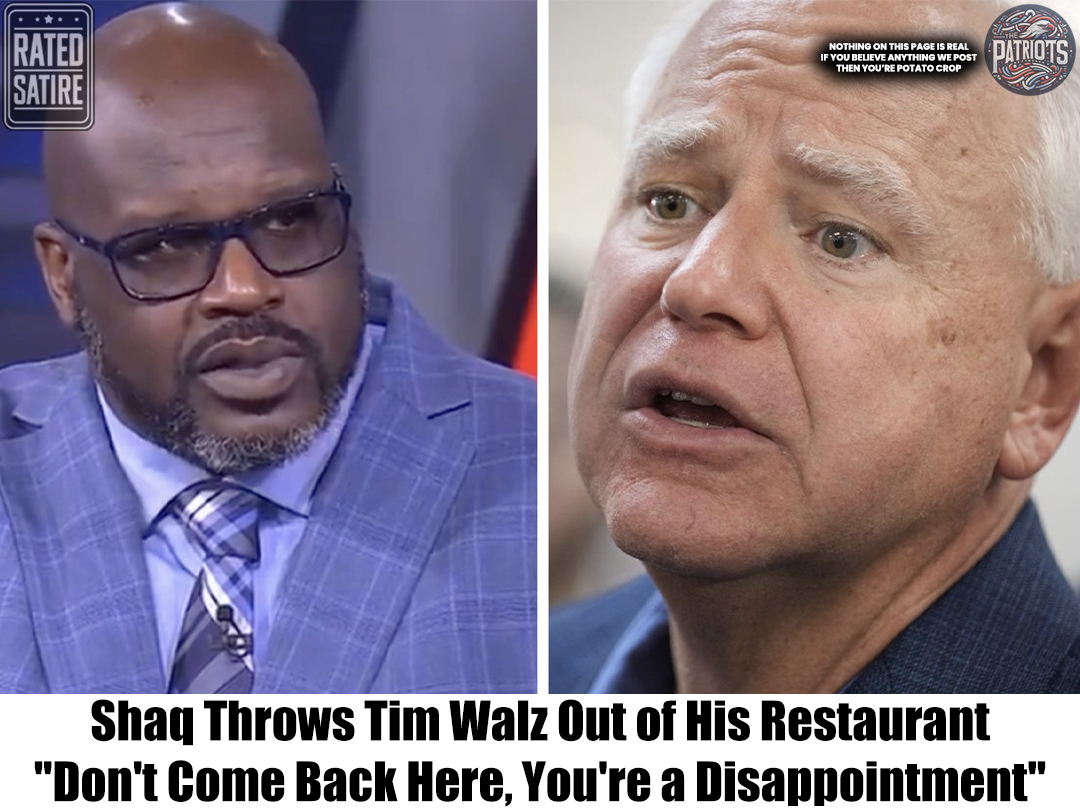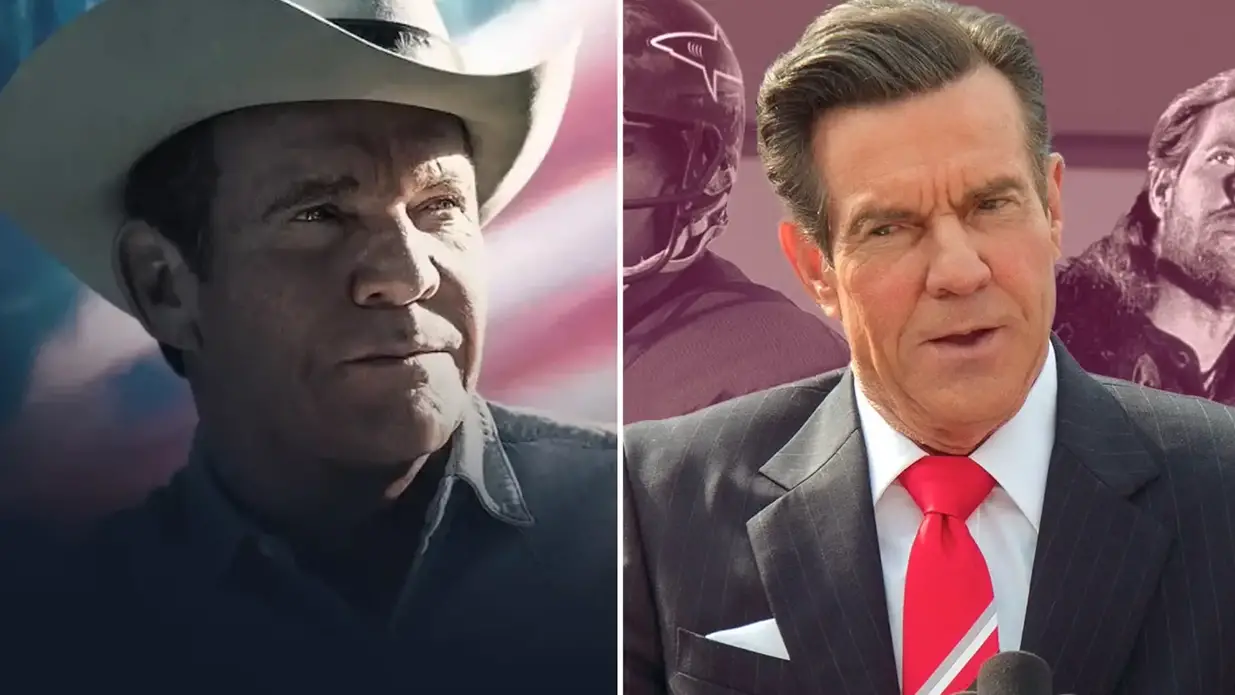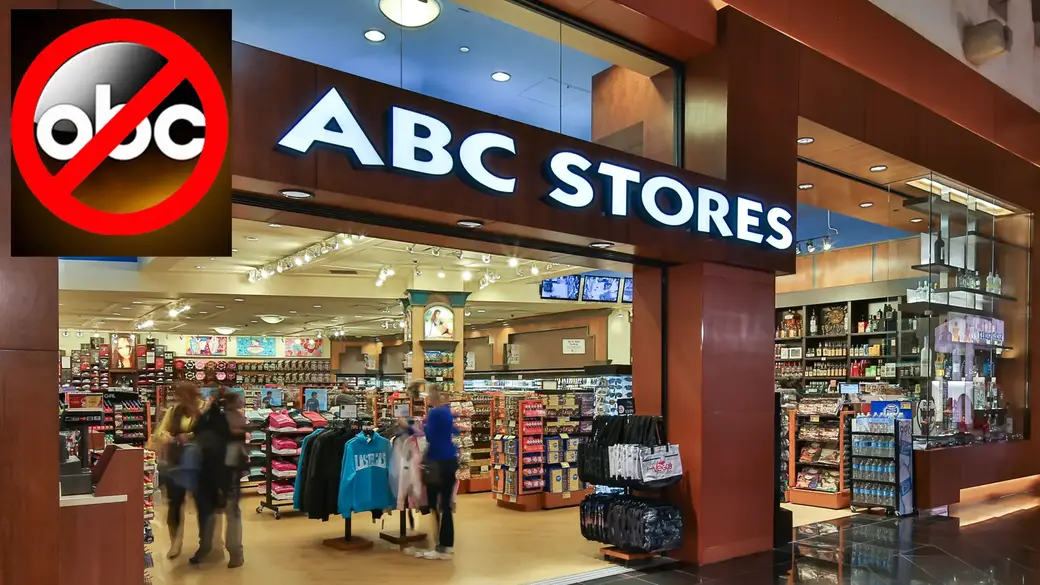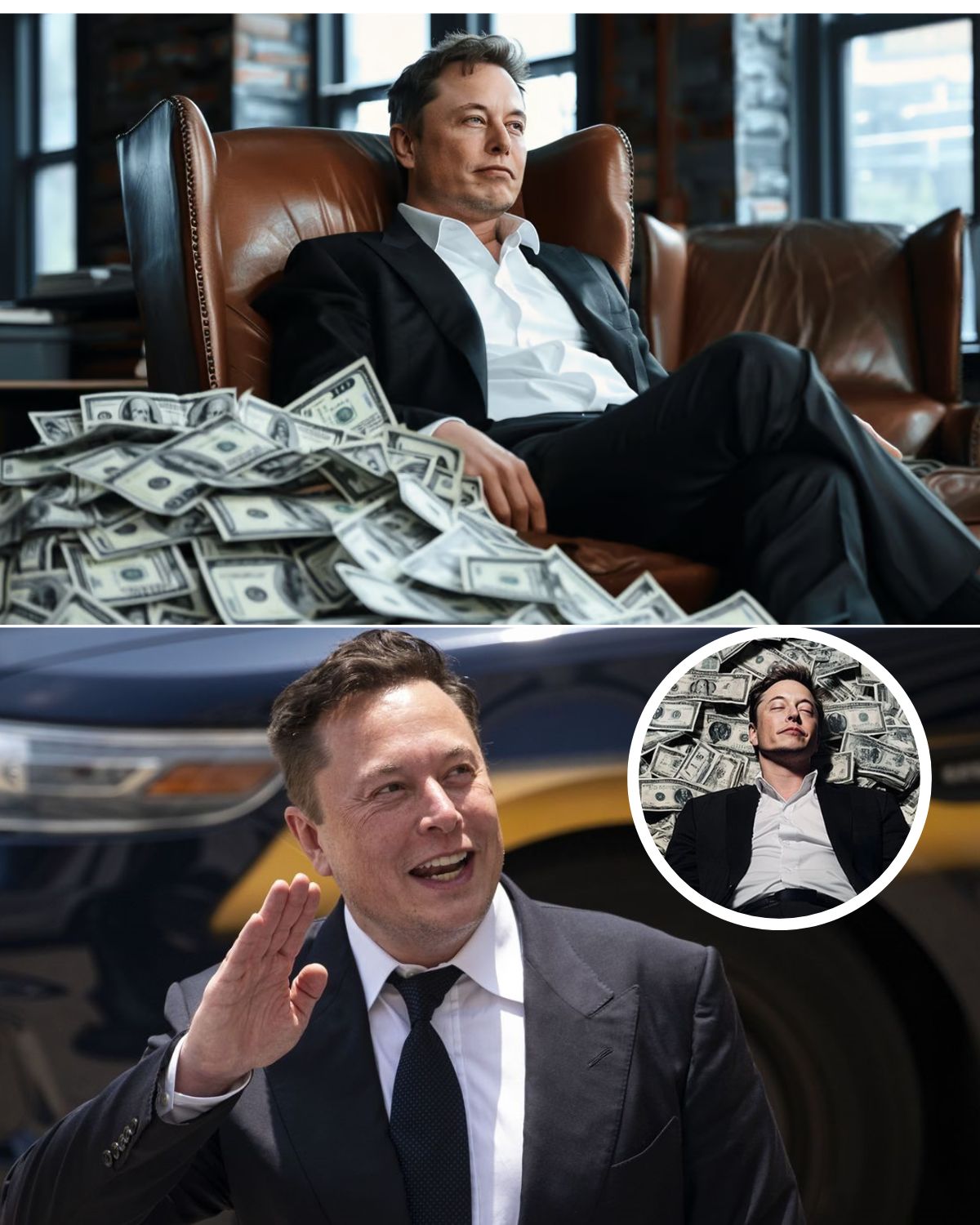Mark Zuckerberg decided that Facebook’s relationship with the news industry became untenable at the end of 2019.
> The Facebook Journalism Project is dead (part 1): Switching to an algorithm that rarely displays news

That’s when Australian government officials first informed Facebook and Google that the country was pursuing a new law called the News Media Bargaining Act (NMBC). It would require both Facebook and Google to negotiate payment agreements with news publishers to continue hosting links to their content.
At Facebook, dealing with the news media immediately goes from being a side nuisance, a frustration that sometimes doesn’t significantly impact Facebook’s business, to a cost that can be huge. .
“We were spending about $100 million a year in Australia alone,” said someone who worked for Meta Platforms at the time. Assuming other countries follow suit, which they have done, the costs quickly add up to several billion dollars a year.”
NMBC became law in 2021 and most in Meta Platforms argue that it was orchestrated by media mogul Rupert Murdoch, founder of the News Corp. empire.
News Corp was the first company to reach an agreement with Facebook to pay for news content in Australia following the passage of the law. James Kennedy, a representative for News Corp, declined to comment but emailed Insider transcripts from several news reports about NMBC that mentioned News Corp was not the sole beneficiary of the law. James Kennedy also made a point of mentioning Rod Sims, former Chairman of the Australian Competition Authority, and described him as the architect of NMBC.
In mid-2017, Mark Zuckerberg and several Facebook associates held an off-site meeting with Rupert Murdoch and his top executives from News Corp and Fox, including the media mogul’s son Lachlan. .
The parties spend a day together eating, discussing and talking about business strategies. A person who works with Mark Zuckerberg said the Facebook boss’s years-long relationship with Rupert Murdoch, never entirely friendly, became “very tense” when Australia passed NMBC. Mark Zuckerberg was directly involved in negotiations with Australian officials such as Prime Minister Scott Morrison and Treasurer Josh Frydenberg as the law was being passed.
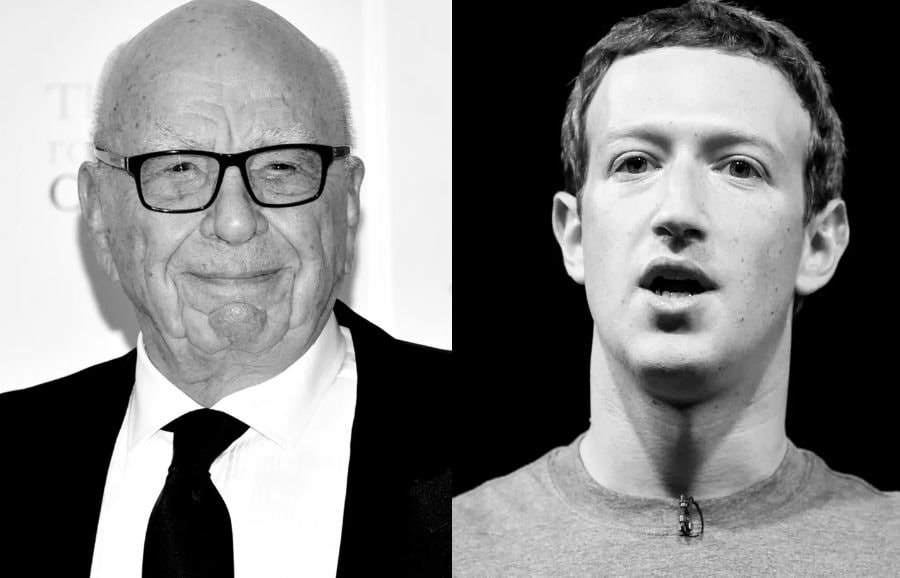
On a 2 a.m. call with Joel Kaplan (Meta Platforms’ VP of policy) and Campbell Brown (who was VP of news partnerships before leaving last year) and a handful of The company’s other CEO, Mark Zuckerberg, has decided that Facebook will permanently block news in Australia.
One of the people familiar with the situation said: “We have calculated what would happen if we deleted and blocked all news in Australia, and it is a small, almost negligible impact. to the level of interaction”.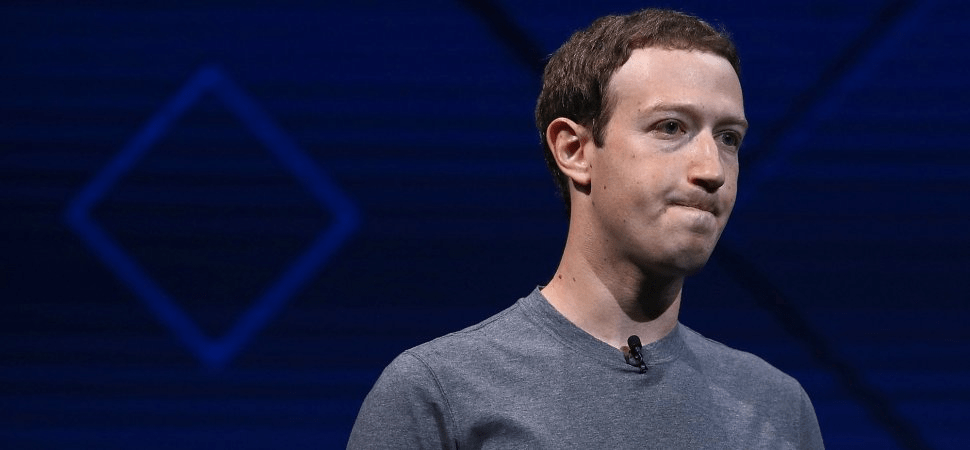
Two weeks later, Mark Zuckerberg reversed the decision when his talks with Josh Frydenberg resulted in several amendments to the law, effectively removing the threat of arbitration if news publishers were unhappy with Facebook agreements.
Since the law was passed, Meta Platforms has paid about $100 million a year for this domestic news content, according to two people familiar with the deals the company signs with Australian publishers. “This does not reduce tensions with the media in Australia or increase goodwill in any way,” one person said.
There’s no turning back
Meta Platforms’s billings for Australian publishers are expected to be much lower this year, as the company recently said the number of users reading news on Facebook in the country was down 80% compared to last year. .
Meta Platforms removed the News tag in Australia and said in April it “will not enter into new commercial agreements for traditional news content in these countries and will not offer new Facebook products.” dedicated to future news publishers.”
All agreements Meta Platforms had with publishers in the US and UK, including those with News Corp, have expired. Facebook’s remaining deals in Australia, France and Germany will expire in the next few years.
When Canada passed a law similar to Australia’s last year, Meta Platforms simply, decisively disabled news content on Facebook and Instagram in the country. It wasn’t a difficult decision. If news organizations try to monetize Meta Platforms in the future, the company’s plan is to shut it down completely.
A former Meta Platforms employee who understood the situation at the time said: “If the whole incident in Australia had not happened, perhaps Facebook would never have left the news segment. Now, there is no way back.”
By and large, media industry executives blame Meta Platforms and Google for gobbling up most of the available digital advertising dollars, leaving news organizations scrambling for what little remains. The news industry has struggled for 20 years to find a modern business model. Meta Platforms is more successful than ever, but its relationship with the media remains tense.
After Trump’s election and the admission of misinformation on Facebook that Mark Zuckerberg said would be corrected, the next three years saw the Cambridge Analytica scandal, genocide in Myanmar, rights issues user privacy, being denounced by a former employee and the riot at the Capitol on January 6, 2021 that left 5 people dead. Those are just a few cases where Facebook has been directly blamed or at least criticized for its role in political and social upheavals.
“You’ll go into a meeting with a TV network or a news company and they’ll point out what assholes we are for an hour,” said one person who worked for years in such a role. so at Meta Platforms. Even as Facebook started allocating budgets to more news organizations as part of its News Accelerator Program (which started in 2018 with a $300 million budget to give to publishers and then multimillion-dollar deals directly with publishers for their content), the relationship has not improved.
“People in the news industry feel like Facebook owes them something,” said one of the company’s former senior employees. But in the end, if you push Mark to the brink, his answer is: No, I’m done.”
There are mixed opinions among the executives who have worked closest with Mark Zuckerberg on supporting the news industry. Initially, the billionaire didn’t mind engaging directly with the media on their terms, just because “he saw it as an interesting problem to solve, like this is an important industry but without a business model, maybe I can fix it,” said one of the former senior employees. As Mark Zuckerberg’s attitude toward the news industry changed, so did everyone else at the company.
Cambridge Analytica (now defunct) was a private company specializing in data mining, brokerage and data analysis with dedicated strategic communications for the electoral process.
Cambridge Analytica worked on Donald Trump’s successful 2016 US Presidential campaign and had access to personal information from tens of millions of Facebook accounts for profiling and targeting purposes. voters without their consent.
This information was used to develop software that directed American voters to support Mr. Trump.
This data warehouse includes Facebook users’ ages, interests, fanpages they like, groups they join, geographical location, political parties, religions, relationships, photos, full names, phone numbers and email address.
Cambridge Analytica used data to target political ads and received millions from campaigning in the 2016 US Presidential election.
In June 2014, researcher Aleksandr Kogan developed a personality quiz application on Facebook. About 270,000 people have installed Aleksandr Kogan’s application on their personal Facebook accounts.
Aleksandr Kogan provided a database containing information of 50 million Facebook users to Cambridge Analytica. Cambridge Analytica uses it to create “psychographic” profiles of voters.
The user data scandal was exposed in March 2018 by Christopher Wylie, a former Cambridge Analytica employee who quit his job in 2014. Christopher Wylie revealed that Cambridge Analytica collected data on at least 50 million Facebook users.
According to Christopher Wylie, Cambridge Analytica exploited Facebook’s vulnerabilities to collect data on millions of accounts and “build models that allow exploiting everything that can be known about users as well as targeting their psychology.” Surname”. That is the basis for Cambridge Analytica to maintain operations.
Since the Cambridge Analytica scandal broke, Facebook has removed access to its data from thousands of apps suspected of abuse, limiting the amount of information available to developers and making it easier for users to Easily adjust restrictions on sharing personal data.
The Cambridge Analytica scandal subsequently prompted US government investigations into its privacy practices, lawsuits and a high-profile Congressional hearing, where Mark Zuckerberg was criticized by lawmakers.


